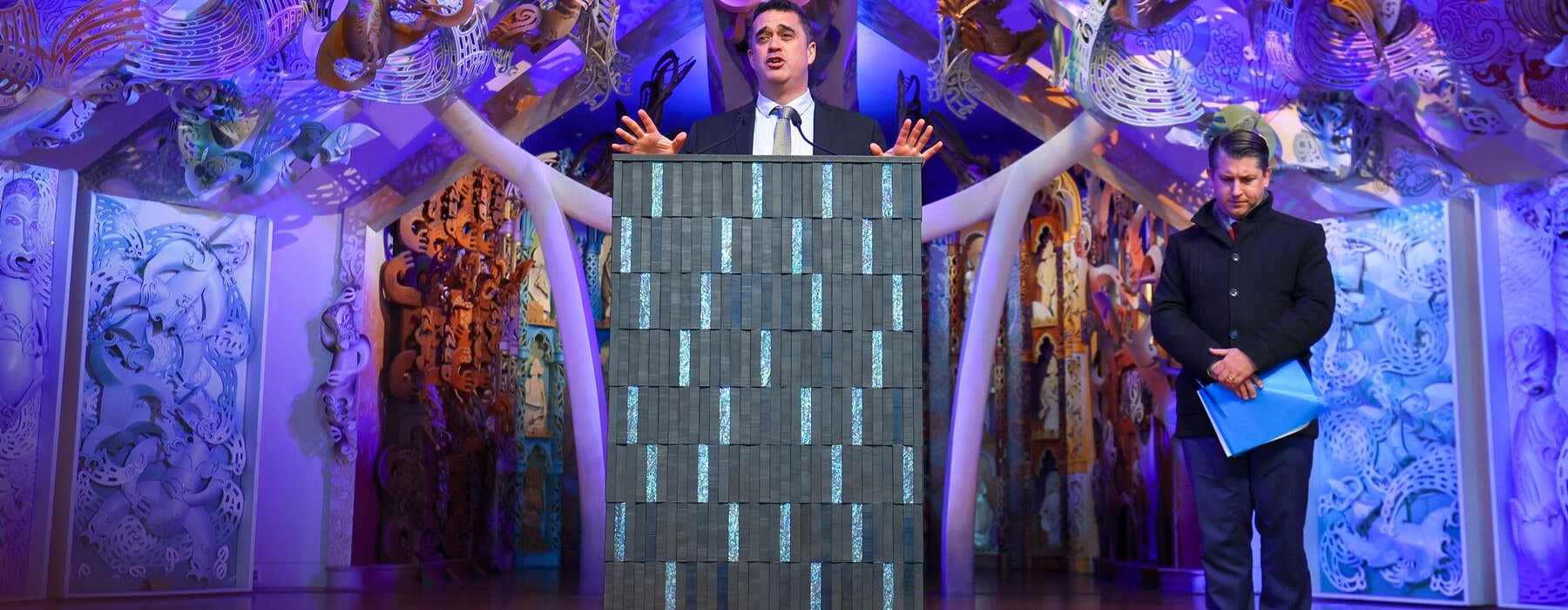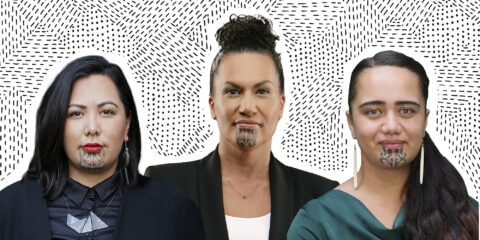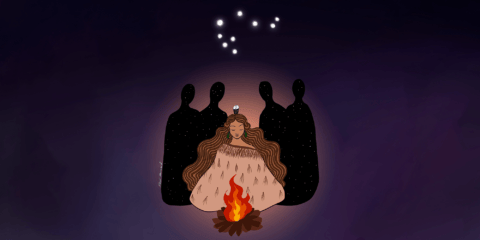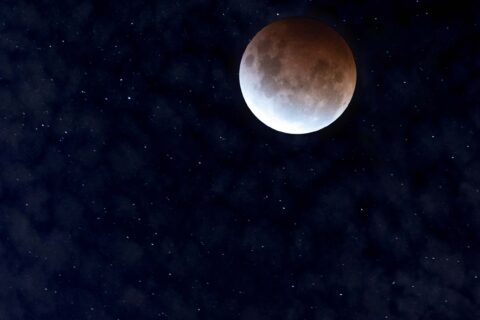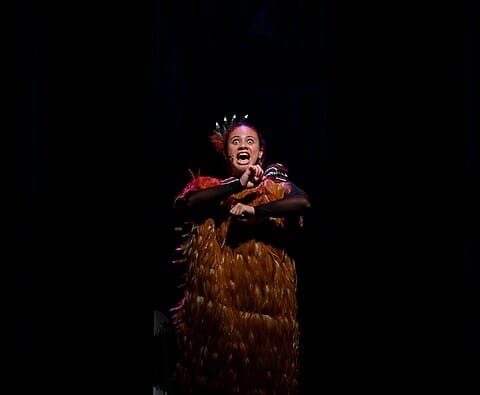Stacey reflects on her recent visit to Brisbane and an emotional kōrero with astronomy expert Dr Rangi Mātāmua.
There are so often tears during kauhau (speeches) and wānanga (learning) workshops about Te Reo Māori that I think I’d feel disappointed if one didn’t reach that level of feeling. That may sound exhausting to some people, but to me it’s testament to the depth of feeling and, unfortunately, mamae (hurt, pain) that’s tied up in learning and speaking of our language, but also the rongoā – healing it provides, too. All the emotions flow!
Recently I went to the Brisbane Writers’ Festival in Ahitereiria (Australia), which is also known in Māori as Te Pāpaka a Māui – literally, The Crab of Māui. Before I get sidetracked on that great name though, I’m writing this still in shock that I actually got on a wakarererangi (airplane, or “waka in the sky”, as the Air New Zealand safety video says).
One of my jobs while there, apart from successfully dodging Covid, was to facilitate a kōrero (conversation) with Dr Rangi Mātāmua, an expert on astronomy from a mātauranga Māori perspective. His books, resources and online content on Matariki have been a linchpin for the movement to make Matariki a national holiday and he’s led the advisory panel to work on this kaupapa (project). Dr Rangi’s kōrero at the festival had a great turnout, with an audience made up of curious Australians and also Māori who live in Brisbane and the Gold Coast. They were all hungry for the mātauranga he can impart and some looked a little mokemoke (lonesome) for home, too.
That feeling would have been behind some of the emotion felt in the room that night, but the tears flowed not only as he spoke of the whetū (stars) and all that mātauranga Māori can interpret from them, but also at my humble session the next day. When we speak about our tūpuna (ancestors), ancient mātauranga and Māoritanga, we’re taken to a place in our hearts that feels like home, but sometimes also feels very far away. I apologised to those I made cry in my conversation with writer and artivist Anahera Gildea (Ngāti Tukorehe) as I shared my story of longing for tōku reo ūkaipō (my ancestral language), my struggles, crippling whakamā (embarrassment) and then my determination to return Te Reo Māori to our whānau, for our children to speak as their birthright.
As we all agreed, our tears are not just our own, they’re those of our people who were prevented from speaking and learning Te Reo Māori. They flow through us for our grandparents and great-grandparents who were beaten as small children for speaking their native tongue at school – so they stopped speaking Māori – and for our parents who were told and made to believe that Te Reo Māori was a useless, inferior language to English. There’s kotahitanga (unity) in those tears, as well as relief that we’re not alone in our grief.
Sometimes the learning journey feels very lonely, that maybe we’re the only ones who are so slow to pick up a language that surely should be sitting just under our skin, ready to break out. Such is the pride-swallowing graft of reclamation. As one of my friends said to me recently, it’s tiring, it’s frustrating and she wishes she didn’t have to study so hard to learn, all while bringing up tamariki and working outside the home. The win, though, was that she spoke of all of this i te reo rangatira – in the language of chiefs. The struggle is real, but so are the dawning realisations and the small wins.

